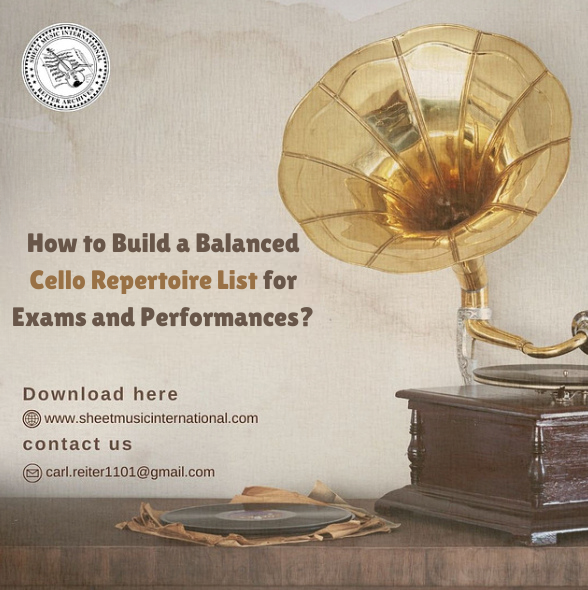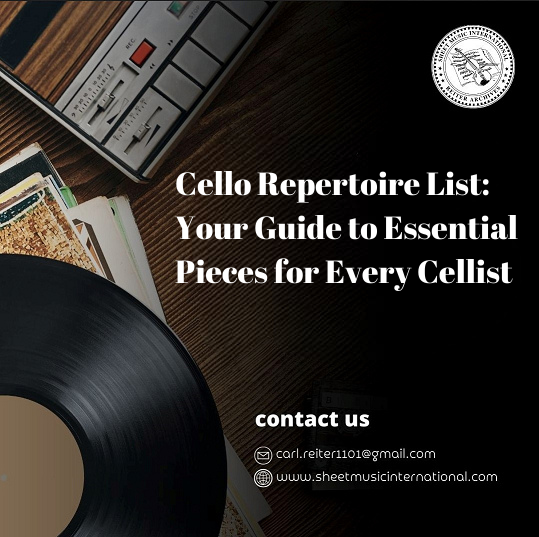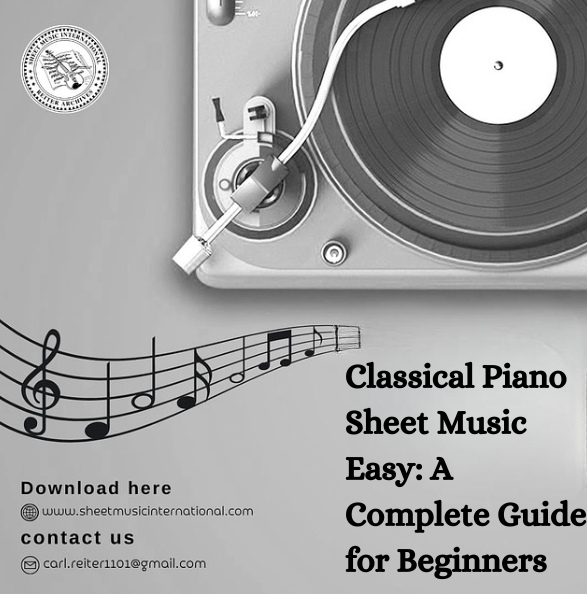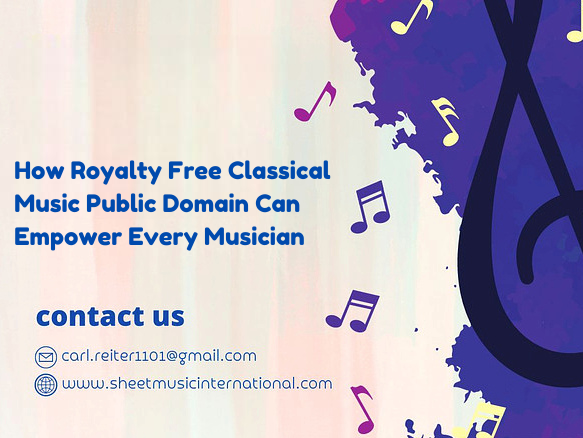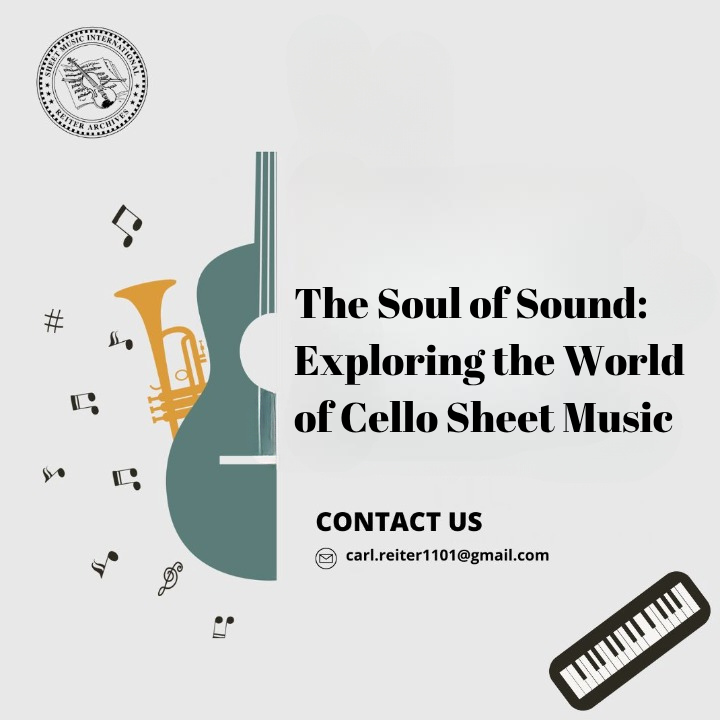
Your Request is under process, Please wait.


Well, playing a song that you have memorized is one useful skill, but that does not mean you should not know how to sight-read. Sheet music is a road map to keep you on track and your toes.
Often, beginners get cold feet at the thought of learning sheet music, but is it that tough? No, not at all. Read further to learn more.
What is sheet music?
A written representation of musical notation that shows the pitch and harmony of a song is called sheet music. Sheet music acts as a player's guide when performing a piece of music.
Although sheet music is written on paper, it can now also be written digitally, possibly with interactive features like tempo changes and automated scrolling. Knowing sheet music not only makes it easier for you to perform and learn other people's compositions, but it also lets you share your musical compositions and ideas with others.
Reading musical notes is a priceless skill for any musician to know. Reading music is one priceless skill that any musician would immensely benefit from. Always remember that learning to break some musical rules is better than learning them first!
Cello sheet music is all about arranged symbols and staves. A cellist should take these markings a bit more than just inks on paper. They are a treasure map leading to a vast world of musical expression and pure joy.
What are the Benefits of Diving into the World of Cello Sheet Music?
1. Cello Tutor: Unlike a physical instructor, cello sheet music is always available and ready to guide you through every note and phrase. It gives a clear roadmap, outlining the melody, rhythm, dynamics, and articulations that bring the music to life. Whether you are a beginner or a seasoned cellist tackling a concerto, sheet music is your companion for a reliable source of information and inspiration.
2. Expose you to a variety of musical styles: cello sheet music introduces you to quickly and easily access the entire list of cello repertoires with a single click. The music list may include Bach’s elegant, soulful compositions and other interesting musical styles that help you develop your unique musical style and music.
3. Choose a technique or style: Referring to sheet music is a great way to aid in your improvement. Sheet music, besides displaying music, can aid in reading notes, understanding symbols, and converting them into precise finger movements. You feel more confident as you overcome challenges and perform well in your career.
4. Explore creativity: Sheet music tells you how to be more creative with your music and gives you a general idea and phrase twisting. Meanwhile, you can discover new music. With a cello, you can experiment and learn new songs.
5. Lifelong companion: Reading sheet music is an essential task to improve your skills and tap into opportunities that won’t close. It is a gateway to try different things and explore the array of musical options to try new things, which makes you want to try new things. Likewise, you can try new things and go back to your old favourites to constantly push you to do more. Most people feel sheet music is a great way to learn music and know more about the composer. In short, it can open up many opportunities.
In conclusion,
Never give up on learning to read sheet music. Stay in the present and make the most of your limited time and experience to travel around the world and make the most of your time. Discover your musical abilities and pay attention to the advice of those you love to embark on an amazing musical journey. By doing this, you can improve as a cellist and quicken your learning process.
Never limit yourself to a single genre; the more you try new things, the more probable it is that you'll find something that resonates with you and has an impact on other people. Simply enjoy yourself while you play the sheet music to explore a wonderful world of melody! Now take out your cello and perform a little magic. For free, public-domain sheet music, don't forget to browse Sheet Music International. A public domain website offers free sheet music for all ensembles and instruments, including piano, orchestra, vocal, and chamber music.
.png)
